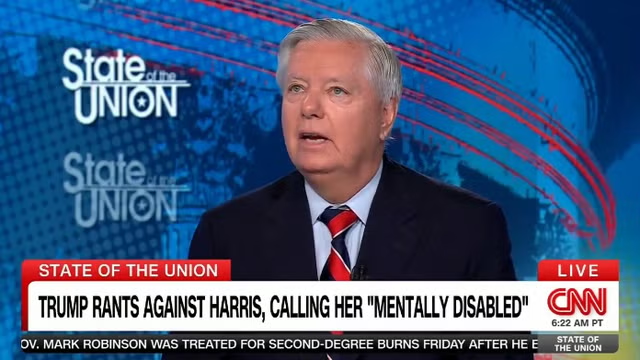Austria’s far-right Freedom Party (FPO) was on track for general election victory on Sunday evening, key projections showed.
The predicted win illustrated rising support for hard-right parties in Europe, fueled by concern over immigration levels.
The Eurosceptic, Russia-friendly FPO held a slim lead in opinion polls for months over Chancellor Karl Nehammer's ruling conservative Austrian People's Party (OVP) in a campaign dominated by immigration and worries about the economy.
The most closely watched projection, by pollster Foresight for national broadcaster ORF, put the party led by the 55-year-old Herbert Kickl on 28.9 per cent based on a count of 82.8 per cent of ballots, with the conservative People's Party (OVP) second on 26.3 per cent.
"What's at stake is whether the FPO will appoint the chancellor or not," Kathrin Stainer-Haemmerle, a political science professor at the Carinthia University of Applied Sciences.
"Should that happen, then I have to say the role of Austria in the European Union would be significantly different. Kickl has often said that (Hungarian Prime Minister) Viktor Orban is a role model for him and he will stand by him."
Kickl, who this year forged an alliance with Orban, opposes providing aid to Ukraine and wants sanctions against Russia withdrawn, arguing they are hurting Austria more than Moscow.
FPO staff and activists at a party event in Vienna cheered in jubilation when the election projections were announced.
Kickl's victory may prove pyrrhic, as he is a polarising figure under whom other party leaders have refused to serve.
In a televised discussion with the FPO leader after projections came in, Nehammer reiterated his opposition to forming a government with Kickl, although he has not ruled out working with the FPO as a party.
Stressing his party had won, Kickl said he was ready to talk with all parties over forming a coalition.
Victory for the FPO, which is critical of Islam and pledges tougher rules on asylum seekers, follows far-right gains in countries including the Netherlands, France and Germany.
Sarah Wolf, a 22-year-old graphic designer and Austrian Communist Party supporter in Vienna, said ahead of the vote she was worried what an FPO victory would mean.
"What most scares me if the FPO really does get the most votes is we get something like Viktor Orban: a slow, gradual reduction in media diversity, democracy and understanding," she said. "There are just so many really dangerous signs."
Viktor de Lijzer, a 17-year-old soldier who supports the FPO, said the party was best placed to fix what he saw as too much criminal violence spurred by immigration.
President Alexander Van der Bellen, who oversees the formation of governments, has voiced reservations about the FPO because of its criticism of the EU and its failure to condemn Russia's invasion of Ukraine. The party opposes EU sanctions on Moscow, citing Austria's neutrality.
He has hinted he might thwart Kickl, saying the constitution does not require him to ask the first-placed party to form a government, even though that has long been the convention.
The FPO, which wants to stop granting asylum altogether and build a "fortress Austria" preventing migrants from entering, was initially led by a former Nazi lawmaker in the 1950s.
It has sought to moderate its image, but new controversy about its past surfaced at the weekend, when a video published by newspaper Der Standard showed members of the party attending a funeral where a song popular with the Nazi SS was sung.
Disclaimer: The copyright of this article belongs to the original author. Reposting this article is solely for the purpose of information dissemination and does not constitute any investment advice. If there is any infringement, please contact us immediately. We will make corrections or deletions as necessary. Thank you.



